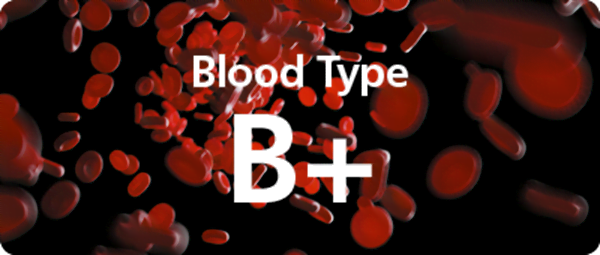In Medical science, blood group is an extremely important subject and knowledge of blood group is essential in various treatments because it is connected to the life and death of a patient. There are a number of characteristics closely related to the blood type which varies from person to person. A blood group is created based on different types of antigens and antibodies that may be present or absent in red blood cells. The antigens are present on the surface of blood cells and antibodies are present in the plasma of blood cells. Depending on the antigen and antibody, human blood can be classified into four groups, namely, A, B, AB, and O. The specific structure of each group is described as follows:
- Group A: The red blood cells contain A antigen and plasma contains anti-B antibody.
- Group B: The red blood cells contain B antigen and the plasma contains anti-A antibodies.
- Group AB: The red blood cells contain both A and B antigens, but plasma does not contain any anti-A or anti-B antibodies.
- Group O: The red blood cells do not contain A or B antigens but plasma contains both anti-A and anti-B antibodies.
Again there is another factor called the rhesus factor (Rh), which is a type of protein transmitted through birth from the parents. If it is detected in the blood then the blood group is positive and if not detected, the blood group is said to be negative. So for each of the blood groups as mentioned above, it can be either positive or negative. Therefore there are a total of eight types of blood groups normally found in humans.
Students can also find more Advantages and Disadvantages articles on events, persons, sports, technology, and many more.
What is B Positive Blood Group? Advantages and Disadvantages of B Positive Blood Group 2023
The blood group is determined by the type of antigens and antibodies present in the red blood cells. Also, the presence or absence of the rhesus factor (Rh) determines whether a blood group is positive or negative. Blood group B positive is a type of blood that has B antigen on the surface of red blood cells, and the plasma of red blood cells contains anti-A antibodies.
If it is required to transfuse blood from one person to another, it must be ensured that the blood of the donor is compatible with the blood of the recipient to minimize the chance of an adverse reaction and complications. It is important to note that transfusion can be considered safe only when the plasma of the recipient’s blood does not contain antibodies that are opposite to the antigens present in the blood cells of the donor. This means a B-positive blood group can accept any blood group that does not contain anti-B antibodies.

Advantages of Blood Group B Positive
Availability: The B-positive blood group is quite a common group of blood which means it can be readily available in case someone requires bold transfusion during emergency treatment. Even B negative blood can also be accepted by anyone having B positive blood group. It is the third most common blood group which is present in about 8.5% of people.
Acceptability: A person having a B-positive blood type has antigen B and Rh present on the blood. So a person with B positive blood type can accept B+, B-, O+ and O- types of blood. This means a better compatibility as all four types of blood are suitable for transfusion to a person having B positive blood.
Immunity: It has been found that people with B-positive blood groups possess a strong immune system and stable nervous system. They are believed to be more resistant to diseases of the digestive system because it helps to adapt to the changes in diet as per requirement. Healthy individuals with a B-positive blood group can have fewer risks to diseases as compared to other types.
Personality: There are some findings that people with blood type B-positive focus more on listening, reflecting, and interpreting. They are also believed to be more flexible, creative, idealistic, subjective, and people-oriented.























